The Development Communications Conundrum
Advancement communications is a specialty, but within that world—especially if you're the only person on staff in that role—you have to be a generalist.
It’s not so easy.
You've probably been tasked with projects that comprise a wide range of writing styles, purposes, strategies, audiences, and distribution channels. The reality is that no one person is equally good at everything that might fall into their job description.
So what’s an advancement or communications leader to do when hiring for the role or trying to meet the needs of many internal stakeholders?
Having been both a sole practitioner in development communications and a manager of others, here’s what I’ve found works:
Divide and Conquer
If the budget allows for two dedicated staff people, you’re in great shape. BUT, you must be sure to hire or train for different skill sets. In the ideal scenario, one person is responsible for broad-based marketing (e.g., annual giving, large-scale events) and the other takes on the overarching advancement communications strategy as well as more targeted and even individual communications (e.g., major and principal giving, large-scale campaigns). This division of labor effectively “bundles” like tasks, strategies, and expertise.
Outsource
Don’t have the ability to grow the team? Or maybe you do but they’re still underwater? Bring in outside help. Developing an ongoing partnership with a handful of freelance writers costs a tiny fraction of an FTE and can be a lifesaver in a crunch. They can also provide a fresh perspective on familiar topics or donors, bringing new life to your organization’s storytelling. External partners are doubly helpful when they fill gaps that exist internally, for example, expertise in planned giving or principal donor communications.
Teach Others
Colleagues in other departments or divisions likely have responsibilities that overlap with advancement communications, such as the annual giving team or major gift officers. An investment in their professional development benefits them and your organization, and it alleviates the burden of all communications falling to a single person. It doesn’t have to cost an arm and a leg, either. Peer mentoring is free, and targeted training workshops can yield more concrete results than sending your staff to an expensive conference.
